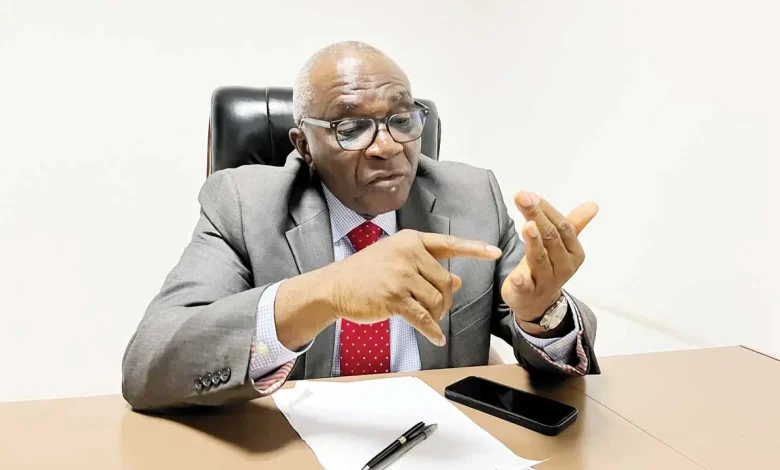Tax Reform Bill is not against northerners – Presidency

Bayo Onanuga, Special Adviser to the President on Information and Strategy, has defended the proposed tax reform bill from the Presidency, which aims to improve Nigeria’s tax collection processes.
Recently, the Federal Executive Council, led by President Tinubu, endorsed new initiatives to streamline the nation’s tax administration, enhancing efficiency and reducing redundancies.
However, the governors of 19 Northern States, under the Northern Governors’ Forum, expressed concerns about the new derivation-based model for Value-Added Tax (VAT) distribution included in the proposed tax reform bills before the National Assembly. During their recent meeting, chaired by Governor Muhammed Inuwa Yahaya of Gombe State, northern leaders voiced their opposition to the policy.
In response, Onanuga explained that the reforms were developed following a thorough review of existing tax laws. He noted that the National Assembly is currently considering four executive bills aimed at transforming and modernizing Nigeria’s tax landscape.
“The first is the Nigeria Tax Bill, which seeks to eliminate unintended multiple taxation and make Nigeria’s economy more competitive by simplifying tax obligations for businesses and individuals nationwide,” Onanuga stated.
He added that the Nigeria Tax Administration Bill (NTAB) proposes new rules for administering all taxes in the country, aiming to harmonize tax processes across federal, state, and local levels for easier compliance.
Additionally, the Nigeria Revenue Service (Establishment) Bill aims to rename the Federal Inland Revenue Service (FIRS) to the Nigeria Revenue Service (NRS), reflecting its broader mandate as the revenue agency for the entire federation.
Finally, Onanuga mentioned the Joint Revenue Board Establishment Bill, which proposes creating a Joint Revenue Board to replace the Joint Tax Board, encompassing federal and state tax authorities. This bill also suggests establishing an Office of Tax Ombudsman under the Joint Revenue Board to resolve taxpayer complaints.





